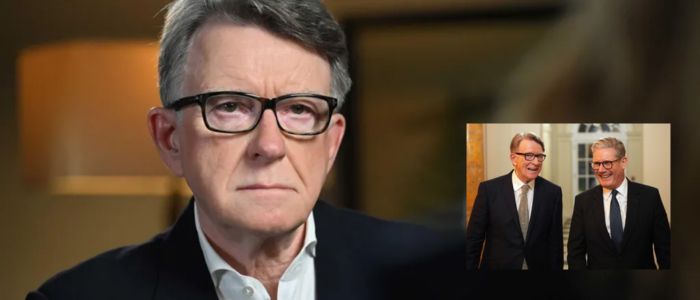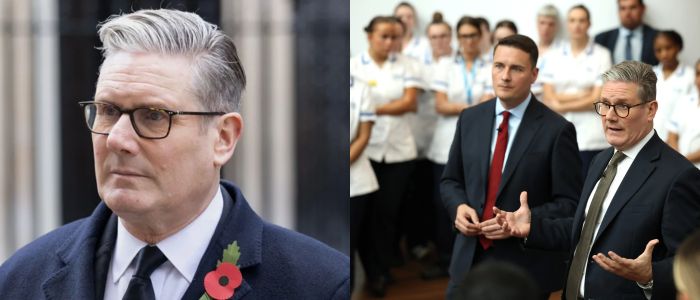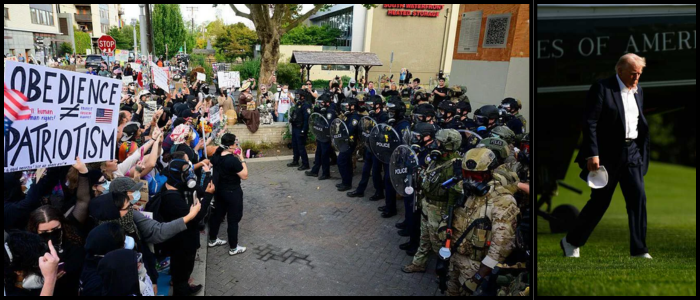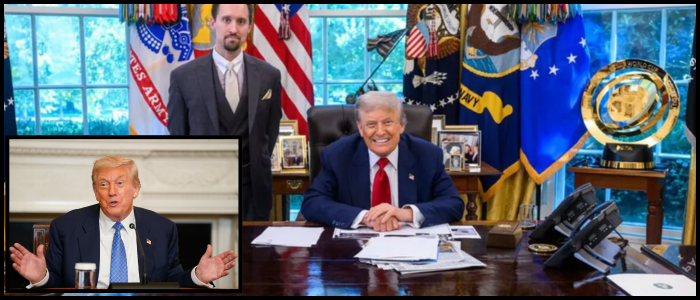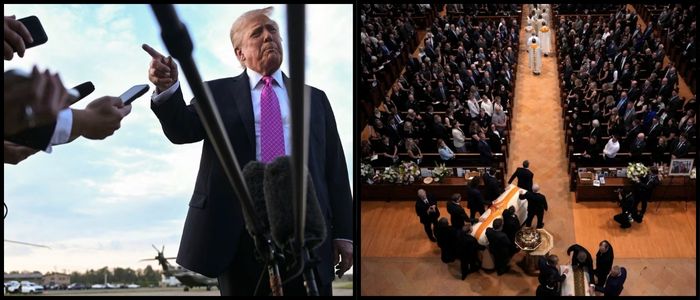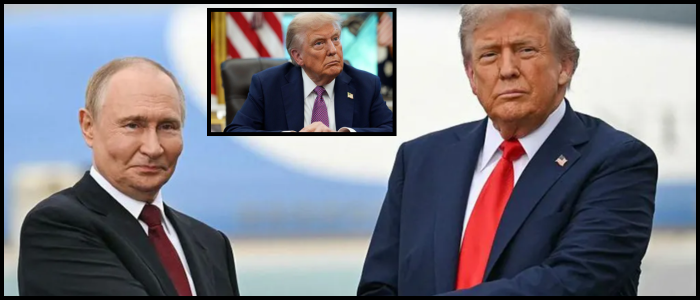Merz and Trump forge new diplomatic links
Friedrich Merz, 69, assumed the office officially on May 6 and has already spoken with Trump multiple times by phone, seeking to create a warmer relationship than Trump had with the former Chancellor Angela Merkel. Merz, with a business background and a long-time conservative stalwart in German politics, may have more to find to agree on with Trump.
Among the subjects expected to be on the table at their Oval Office meeting are Germany’s military spending, the continuing conflict in Ukraine, trade imbalances and concerns over democratic freedoms in Germany. Trump is expected to raise concerns about “democratic backsliding” in Germany and urge the country to spend more on defense as well, a White House official said.
Ukraine Focus, and NATO Unity
Already, Merz has visited Kyiv and received Ukrainian President Volodymyr Zelenskyy in Berlin. He has said Ukraine should not be “battling Mr. Putin alone” and has pushed for tougher sanctions on Russia. He thanked Trump for supporting an unconditional ceasefire and cautioned against any split between European and American partners.
Germany, under the former chancellor, Olaf Scholz, had become the second-largest Western provider of military aid to Ukraine after the United States, and Merz has said that he would maintain that level of support, and recently said Germany would help Ukraine develop long-range missile systems.
Merz could face pressure at the next NATO summit in the Netherlands to meet Trump’s call for allies to spend 5 percent of GDP on defence. Germany hits the 2% target — with the help of a €100 billion ($115 billion) special fund launched under Scholz. Merz has promised to spend the necessary money for the Bundeswehr to become Europe’s best conventional military and supports an alliance target of 3.5% of GDP spending on defense by 2032 along with another 1.5% on infrastructure, logistics and related matters.
Imbalance of Trade and Eonomic Precedence
One of Merz’s biggest domestic aims is to reboot Germany’s ailing economy. Trump, who wants Germany to be a “locomotive of growth,” presents a challenge with his views on tariffs. Germany sent $160 billion in goods to the U.S. last year, compared with $75 billion in U.S. exports to Germany. A key issue is the auto industry, where Americans bought $36 billion worth of German cars and car parts, compared with the $10.2 billion that Germany bought from the United States.
Trump’s 25% levy on car parts from abroad is intended to pressure German firms to move production to the United States — though many already have plants in states like Tennessee, South Carolina and Alabama. Merz argues that tariffs hurt all involved, but the real trade negotiations are taken at the EU level. Trump recently delayed an EU tariff increase of 50% that had been scheduled to come into effect.
Political Conflicts and Concerns about Democracy
Another source of tension was a speech by U.S. Vice President JD Vance in Munich in front of Germany’s election in February. Vance, who has accused Europe of double standards on democracy, also accused political practices in Germany after the far-right Alternative for Germany party, now the main opposition, was excluded.
Merz replied that it was not for him to make such comments, that he would not say anything similar about the U.S. and that there was a need for respect of democratic processes to be mutual.
Now, as the two men meet this weekend, the world will be watching to see if they can ruin something in a time marked by ever-increasing geopolitical and economic pain.
Politics
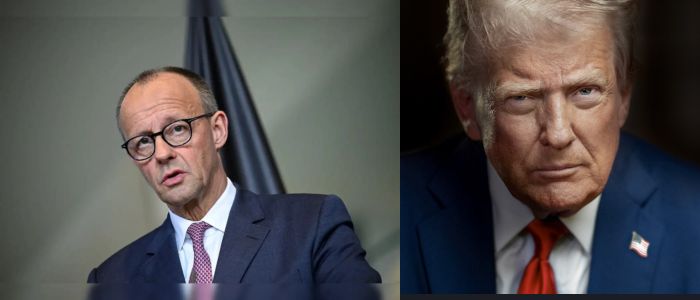
Merz Meets Trump to Discuss Ukraine, Trade, and Defense

Germany’s new chancellor, Friedrich Merz, will visit President Donald Trump in Washington on a trip during which he is seeking to shore up Western unity over Ukraine, lower trade tensions and gain firmer defense commitments from his country.








